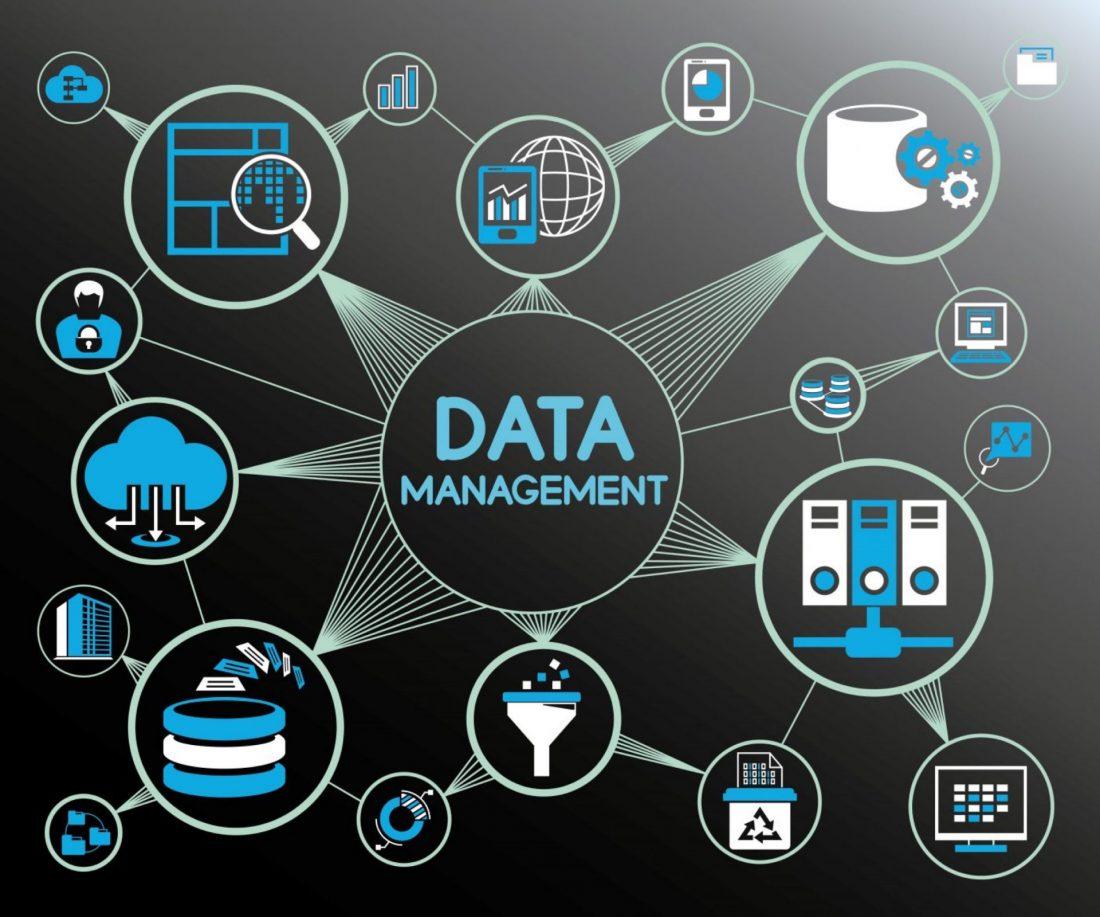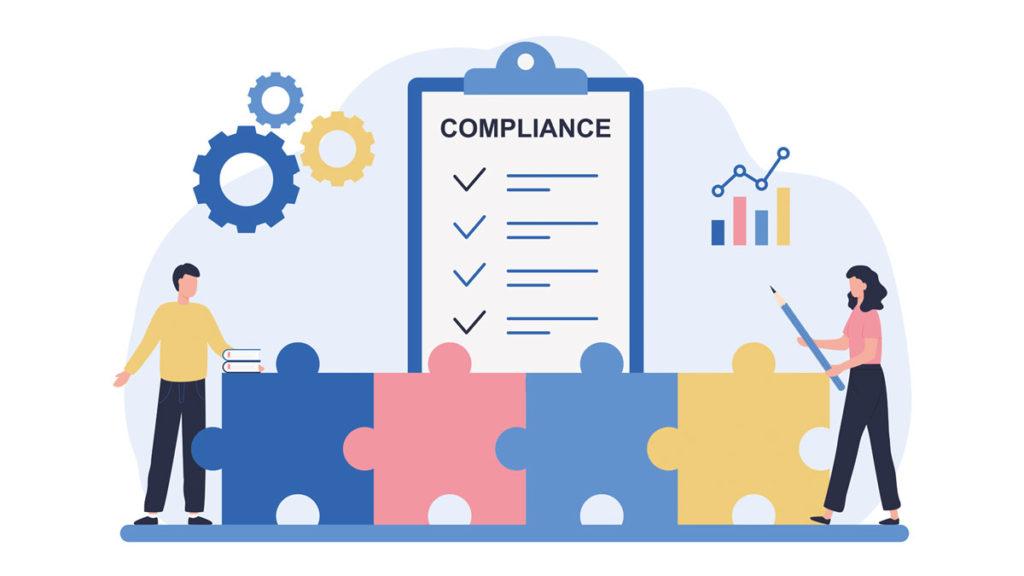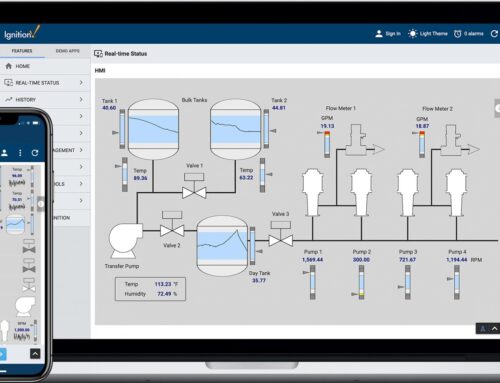In the bustling world of recycling plants,where efficiency meets sustainability,the old ways of tracking processes often hinder progress. Manual log sheets, with their endless lines adn pages filled with inked notations, have long been the backbone of operational documentation. However, as technology advances, so too must our methods. Enter Ignition, a groundbreaking solution poised to revolutionize the way recycling facilities manage data. By embracing this innovative platform, plants can transition from cumbersome manual logs to a streamlined, automated system that enhances accuracy, improves accessibility, and ultimately drives greater operational efficiency. In this article, we explore how Ignition is not just a tool for data management, but a vital ally in the quest for a more enduring future in recycling.
Exploring the Benefits of Ignition in Streamlining Recycling Operations
Integrating Ignition into recycling operations can dramatically enhance efficiency, making the transition from manual log sheets to digital records seamless. By replacing customary pen-and-paper methods, organizations can ensure accurate data capture while minimizing human error. with real-time monitoring capabilities, personnel can swiftly access critical information, thereby promoting transparency in the recycling process. This shift means that essential tasks such as tracking raw materials, managing equipment status, and monitoring employee performance require less time and effort. The digital platform can assist in identifying bottlenecks,enabling teams to optimize workflows effectively.
Furthermore, utilizing Ignition allows for comprehensive data analysis, fostering a data-driven decision-making culture. Organizations can generate detailed reports that provide insights into operational performance and sustainability metrics. Key benefits include:
- Enhanced Data Accuracy: Automated logging eliminates the chances of miscalculations.
- Improved Compliance: Easily accessible records support regulatory adherence.
- Cost Reduction: Lower administrative overhead translates into financial savings.
- Streamlined Dialog: Teams can collaborate more effectively through shared digital platforms.
This holistic approach not only augments operational efficiencies but also bolsters overall productivity within recycling plants, ultimately contributing to a greener future.
Transforming Data Management with Ignition in Recycling Plants
in the ever-evolving landscape of recycling, optimizing data management is essential for enhancing efficiency and sustainability. Manual log sheets, once a staple in recycling plants, often lead to errors, miscommunication, and inefficiencies. Ignition, a powerful software platform, revolutionizes this process by offering real-time data collection and management solutions. By integrating advanced data visualization, operators can access crucial information at their fingertips, ensuring that operations run smoothly without the hassles of traditional documentation.
Through automation, Ignition allows for seamless data tracking across various stages of the recycling process. Key benefits include:
- Real-time Monitoring: Instant access to operational metrics fosters quicker decision-making.
- Data Accuracy: automated inputs reduce the risk of human error.
- Customizable Dashboards: Tailored interfaces allow for focused insights into specific operations.
Furthermore, transitioning from manual log sheets to an automated system streamlines reporting processes. The following table highlights the differences between traditional logging and using Ignition:
| Aspect | Manual Log Sheets | Ignition Automation |
|---|---|---|
| Data Entry | Manual input | Automated collection |
| Accuracy | Prone to errors | High precision |
| Reporting Time | Lengthy | Instantaneous |
| Data Access | Physical records | cloud-based access |
By harnessing the power of Ignition, recycling plants can not only enhance productivity but also contribute to more sustainable practices, ultimately leading to a greener future.
Enhancing Compliance and Accuracy through Automated Logging
Automated logging systems provide a robust framework for tracking compliance within recycling plants, streamlining operations, and minimizing human error.By utilizing advanced technologies, facilities can establish real-time data capture processes that enhance accountability and transparency across various operations. The integration of automated logging can result in:
- Improved Data Accuracy: Automated systems significantly reduce the chances of errors commonly associated with manual input.
- Consistent Record Keeping: Digital logs can be maintained seamlessly, ensuring uniformity in documentation.
- Instant access to Information: Automated logging allows staff to retrieve vital data quickly, facilitating timely decision-making.
Furthermore, the safety and regulatory landscape in the recycling industry demands strict adherence to compliance standards. Automated logging not only simplifies the tracking of hazardous materials and waste management processes but also aids in generating compliance reports effortlessly. These reports can include:
| Date | Material Type | Quantity Processing | Compliance Status |
|---|---|---|---|
| 01/01/2023 | plastic | 200 kg | Compliant |
| 01/02/2023 | Metals | 150 kg | Compliant |
| 01/03/2023 | Glass | 100 kg | Non-Compliant |
This level of detailed insight not only facilitates smoother audits but strengthens a plant’s overall operational integrity, thereby promoting a culture of excellence in compliance and sustainability.
Steps to Implement Ignition for Effective Waste Tracking Solutions
To effectively implement Ignition in your recycling plant for waste tracking, one must begin with a thorough assessment of current processes.This includes identifying pain points associated with the manual log sheets, such as data inaccuracies, delays in information retrieval, and compliance challenges. Gather insights from employees who utilize these logs daily; their first-hand experiences will provide invaluable information for streamlining the transition. Additionally, define clear objectives for what your waste tracking solution should accomplish, including real-time data visibility, enhanced reporting capabilities, and improved decision-making speeds.
Once the groundwork is laid, the next step is to integrate Ignition with existing systems. This entails configuring the platform to interface with existing hardware, such as scales and conveyor systems, and setting up data pipelines for seamless information flow. Conduct training sessions with staff to ensure they understand the new system and its benefits.Consider starting with a pilot program that allows real-time waste tracking in one specific area of the plant.As you gather performance data and feedback, refine your approach before rolling Ignition out across the entire facility.
To conclude
in the ever-evolving landscape of recycling, automation and technology are not just trends; they are the future. As we’ve explored in this article, the adoption of Ignition to replace manual log sheets in recycling plants is not merely a step forward—it’s a leap into a more efficient, accurate, and sustainable operational model.
By embracing this innovative solution,plants can enhance data accuracy,streamline processes,and ultimately reduce waste—both in terms of materials and time. The transition from paper to digital is not just a change in format; it’s a strategic move towards a more integrated, responsive, and eco-friendly approach in the recycling industry.
As the challenges in waste management grow increasingly complex,the need for smart,scalable solutions like ignition becomes paramount. the journey towards optimization is ongoing, and by investing in technology, recycling plants can position themselves at the forefront of the sustainability movement, leading by example in a crucial fight for our planet’s future.
The shift is not just imperative; it is achievable. The future of recycling is luminous—powered by innovation, driven by data, and rooted in a commitment to sustainability.



















